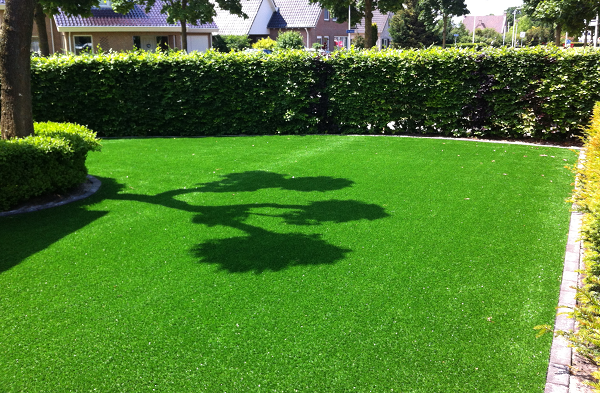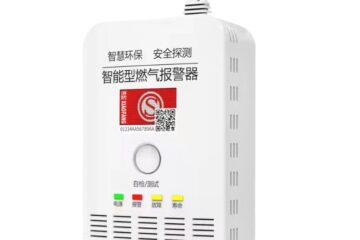What is Turf Lawn?
A Turf lawn, also known as sod or turfgrass, refers to the pre-grown grass that is installed in sections to create an instant lawn. It’s a popular choice for homeowners looking to establish a lush, green lawn quickly.
Benefits of Having a Turf Lawn
Turf lawns offer numerous benefits, including instant beauty, erosion control, improved air quality, and increased property value. Unlike seeding, which can take weeks to grow, turf provides an instant solution for a green lawn.
Choosing the Right Turf
Understanding Your Climate
Before purchasing turf, it’s crucial to understand your local climate conditions. Certain grass varieties thrive in specific climates, so selecting turf that is well-suited to your region will ensure long-term success.
Assessing Your Lawn Usage
Consider how you plan to use your lawn. If you have children or pets who will be playing on the grass frequently, you’ll want a durable turf variety that can withstand heavy foot traffic.
Buying Turf: Factors to Consider
Quality and Variety
When Buy Turf, prioritize quality over price. Choose a reputable supplier that offers a variety of turf options suited to your climate and usage needs.
Sizing and Quantity
Measure your lawn area accurately to determine the amount of turf you’ll need. Order slightly more than required to account for trimming and fitting pieces together.
Cost Considerations
While quality is essential, it’s also essential to consider your budget. Compare prices from different suppliers and inquire about any additional costs, such as delivery fees.
Preparing Your Lawn for Turf
Soil Preparation
Prepare the soil by removing any debris, rocks, or weeds. Loosen the soil to a depth of at least six inches to promote healthy root growth.
Clearing Debris and Leveling
Clear the area of any existing vegetation and level the soil using a rake or leveling tool. A smooth, even surface will ensure proper turf installation.
Installation Process
Laying the Turf
Begin laying the turf along a straight edge, such as a driveway or sidewalk, to ensure a neat appearance. Stagger the seams and avoid stretching the turf to prevent gaps or wrinkles.
Watering and Care Instructions
Immediately after installation, water the turf thoroughly to help it establish roots. Follow a regular watering schedule, typically once or twice daily, to keep the soil moist during the initial weeks.
Maintenance Tips for a Healthy Turf Lawn
Mowing and Trimming
Mow the turf regularly to maintain an appropriate height, typically between two to three inches. Avoid cutting more than one-third of the grass blade length at a time to prevent stress.
Fertilization and Weed Control
Apply a balanced fertilizer according to the recommended schedule to promote healthy growth. Additionally, use weed control products as needed to prevent unwanted vegetation from invading your turf lawn.
Choosing the Right Grass Seed Spreader
Types of Grass Seed Spreaders
There are several types of grass seed spreaders available, including broadcast spreaders, drop spreaders, and handheld spreaders. Each type has its advantages and is suited to different lawn sizes and terrains.
Factors to Consider Before Buying
Consider factors such as lawn size, terrain, and budget when selecting a Grass seed spreader. Additionally, research user reviews and ratings to ensure you choose a reliable and effective spreader.
Conclusion
Establishing a lush, green turf lawn requires careful planning, preparation, and maintenance. By choosing the right turf variety, properly preparing the soil, and following best practices for installation and care, you can enjoy a beautiful and healthy lawn for years to come.



